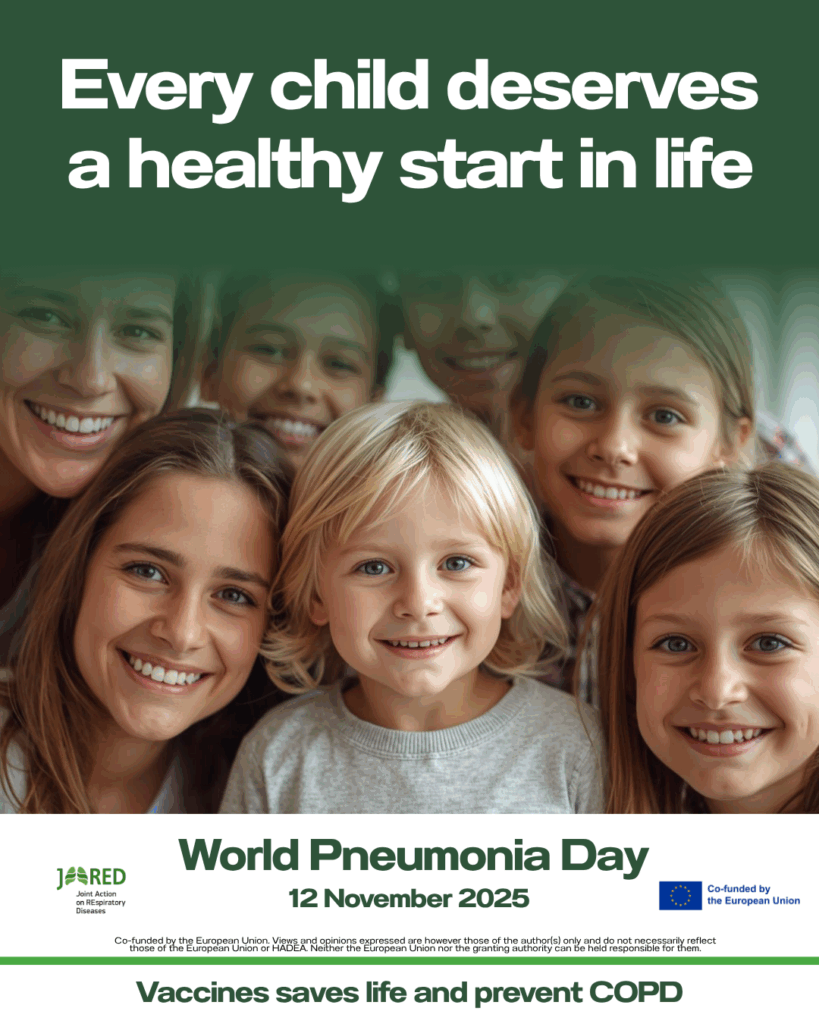
The JARED project works to reduce chronic respiratory diseases across the EU. One key step is preventing early childhood infections through strong, trusted vaccination systems. A recent Landscape Analysis compared vaccination policies and practices in Latvia, Lithuania, Poland, Hungary, and Spain – revealing shared challenges and solutions to improve vaccine uptake and confidence. Landscape Analysis was conducted with the aim to find the common and different aspects in vaccination services and vaccination policy in vaccines that prevent early childhood infections; and to understand how vaccination policies are organized and implemented in each country, with a specific focus on vaccines that prevent early childhood infections. Landscape Analysis is used for as a preparatory step for development and carrying out online survey for primary health care specialists on their needs for better communication with patients/parents of children on vaccination.
Key Insights:
What Countries Can Do:
By coordinating these actions, EU countries can boost early-childhood vaccination, build public confidence, and protect every child’s right to a healthy start.
As a next step, online survey will be conducted in five participating countries – Hungary, Latvia, Lithuania, Poland and Spain. The target group of this survey is healthcare professionals who provide children vaccination in their daily practices. The purpose of the survey is to better understand your experiences, challenges, and support needs in the field of childhood vaccination, to identify barriers, highlight good practices, and to help the development of effective, evidence-based and patient-centered recommendations.